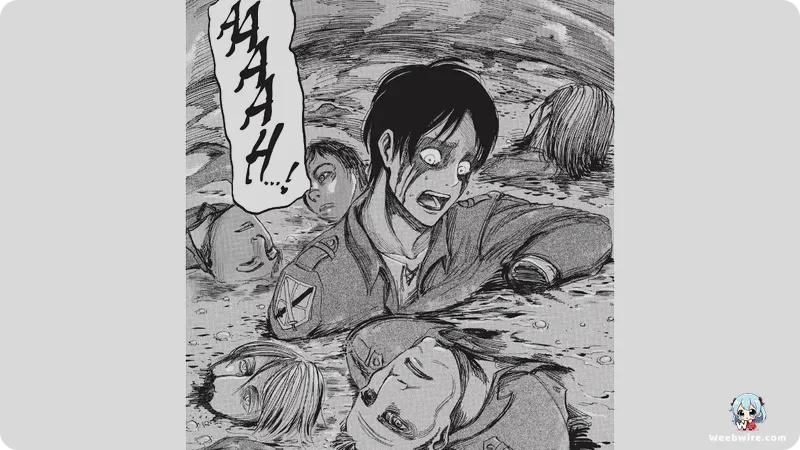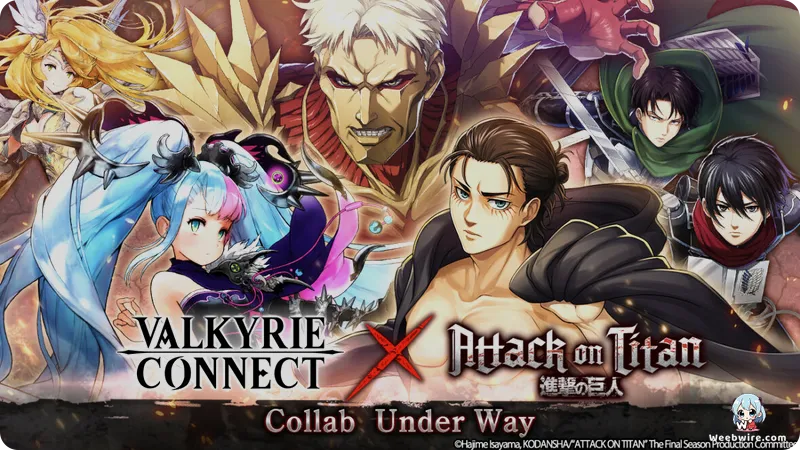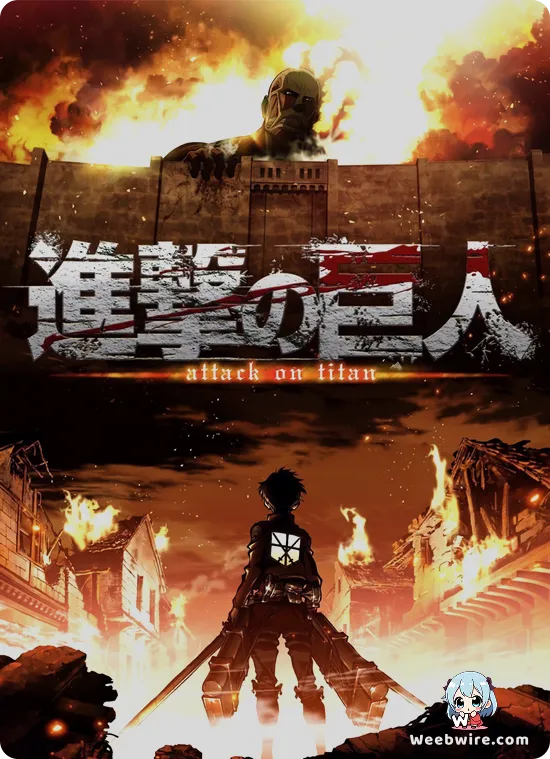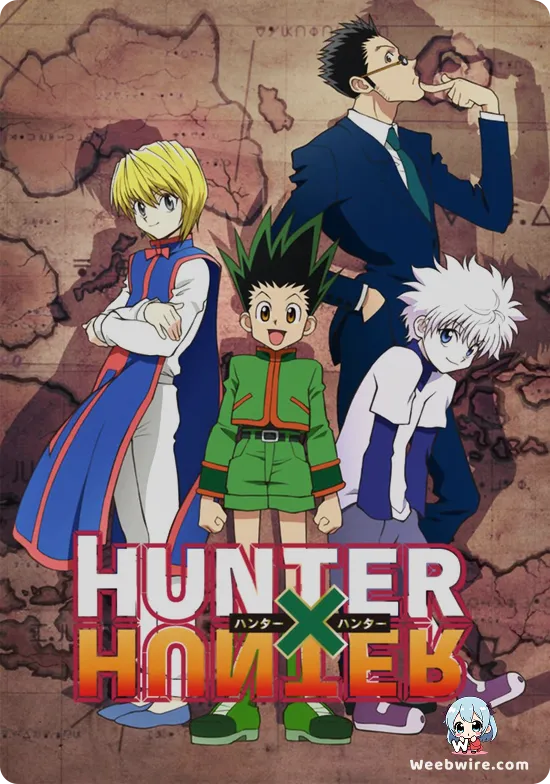Attack on Titan ~Chronicle~: Unveiling Unseen Lore and Creative Secrets Behind the Iconic Saga

As the acclaimed 'Attack on Titan ~Chronicle~' compilation film invites fans to revisit the expansive narrative of the first three seasons, it simultaneously unveils a wealth of fascinating, often overlooked insights into the creation of this global phenomenon. Far from a simple recap, 'Chronicle' serves as an essential lens through which to appreciate the profound artistic depth and meticulous detail woven into Hajime Isayama's revolutionary manga and WIT STUDIO's breathtaking anime adaptation. The harrowing journey of humanity's desperate struggle against the colossal, enigmatic Titans is rich with behind-the-scenes revelations and surprising origins that continue to captivate audiences worldwide.
The Genesis of Giants: Isayama's Inspiration
At the core of 'Attack on Titan' lies an origin story rooted in experiences both ordinary and terrifying. Creator Hajime Isayama famously drew his initial inspiration for the terrifying Titans from a disconcerting encounter with an inebriated individual at an internet cafe. The man's unsettling inability to communicate and his imposing presence sparked the concept of a creature that embodies both human-like form and an utterly alien, devoid-of-reason menace. This real-world incident, combined with a formative childhood nightmare, laid the chilling groundwork for the series' most iconic antagonists. Interestingly, early conceptual artwork for the Titans was even more grotesque, with some designs later refined for the manga and anime to strike a delicate balance between sheer horror and narrative focus.
Walls of Meaning: World-Building and Symbolism
The intricate world-building of 'Attack on Titan' is another testament to its genius, brimming with symbolic details. The three concentric protective bastions—Maria, Rose, and Sina—are not merely physical barriers but profound allegories representing societal stratification and the layered truths humanity has constructed around itself. Beyond their awe-inspiring scale, a less-recognized fact is the deliberate selection of their names, subtly referencing historical figures or concepts that presciently foreshadow the narrative's unfolding trajectory. This claustrophobic existence within the towering walls masterfully encapsulates the series' overarching themes of confinement and the desperate, universal yearning for freedom, a motif that resonates profoundly with its global fanbase.
Unveiling Character Depths
The characters themselves possess remarkable hidden depths that reveal Isayama's evolving vision. Eren Yeager, the protagonist, underwent significant metamorphosis from his initial conception as a more reserved and less confrontational figure. He ultimately evolved into the fiercely determined, vengeance-driven individual we know today, propelled by an unyielding desire to witness the world beyond the formidable walls. Mikasa Ackerman's formidable strength and unwavering loyalty are intrinsically linked to her Ackerman lineage, a bloodline later unveiled to possess latent combat aptitudes far surpassing those of ordinary humans. This genetic predisposition accounts for her seemingly superhuman feats, a crucial detail often overlooked in understanding her capabilities. Similarly, Levi Ackerman, widely revered as humanity's strongest soldier, possesses a surprisingly compact stature (160 cm or 5'3") which paradoxically enhances his unique appeal, creating a striking contrast between his immense power and diminutive frame. His notorious 'clean freak' tendencies, while often providing moments of comedic relief, also subtly hint at a deeper psychological need for control and order within a perpetually chaotic world.

WIT STUDIO's Animation Mastery
WIT STUDIO's monumental contribution to 'Attack on Titan' cannot be overstated. Their meticulous animation breathed vibrant, terrifying life into Isayama's dark fantasy. The studio confronted immense technical hurdles, particularly in animating the electrifying, fast-paced three-dimensional maneuver gear sequences. To achieve the requisite fluidity and dynamism, they expertly fused traditional 2D animation with subtle CGI elements, ensuring that the ODM gear movements felt both authentically realistic and utterly exhilarating. The unwavering attention to detail in facial expressions, the chillingly grotesque portrayal of Titans, and the breathtaking, often hand-painted, background art unequivocally demonstrated their unwavering commitment to unparalleled quality. The iconic 'camera spins' during ODM sequences, a signature stylistic hallmark of the anime, were a deliberate artistic choice designed to fully immerse viewers in the dizzying, high-octane action, a technique that has since profoundly influenced countless other action anime.
The Power of Sound: Sawano's Score
Furthermore, the series' unparalleled sound design and the masterful musical score by Hiroyuki Sawano are absolutely integral to its profound impact. Sawano's genius lies in his ability to seamlessly blend orchestral grandeur with electronic elements and powerful vocal tracks, forging an atmosphere that is simultaneously epic, tragic, and utterly distinct. Many of his compositions contain hidden lyrical meanings or thematic ties that deepen the narrative for discerning listeners, adding yet another layer of artistic brilliance to the 'Attack on Titan' experience.
A Lasting Legacy
The overwhelming global fan reception and the myriad of intricate theories generated by the series stand as irrefutable testaments to its complex, multi-layered storytelling. From fervent speculation about the true nature of the Titans to meticulous deciphering of the political machinations within the walls, the 'Attack on Titan' community has consistently demonstrated unparalleled engagement. 'Attack on Titan ~Chronicle~' thus offers both new initiates and devoted veterans a compelling opportunity to revisit these pivotal moments, perhaps unearthing new details, appreciating the animation anew, and reflecting upon the intricate tapestry of a story that has unequivocally redefined the dark fantasy genre. It serves as a powerful, poignant reminder of the series' enduring legacy and the countless hours of creative genius meticulously poured into its making, firmly solidifying its well-deserved place as a modern anime classic.
Credits
Attack on Titan ~Chronicle~
Author
Hajime Isayama
Cover Art
Hajime Isayama
Studio
WIT STUDIO
Publisher
Kodansha
Producers





